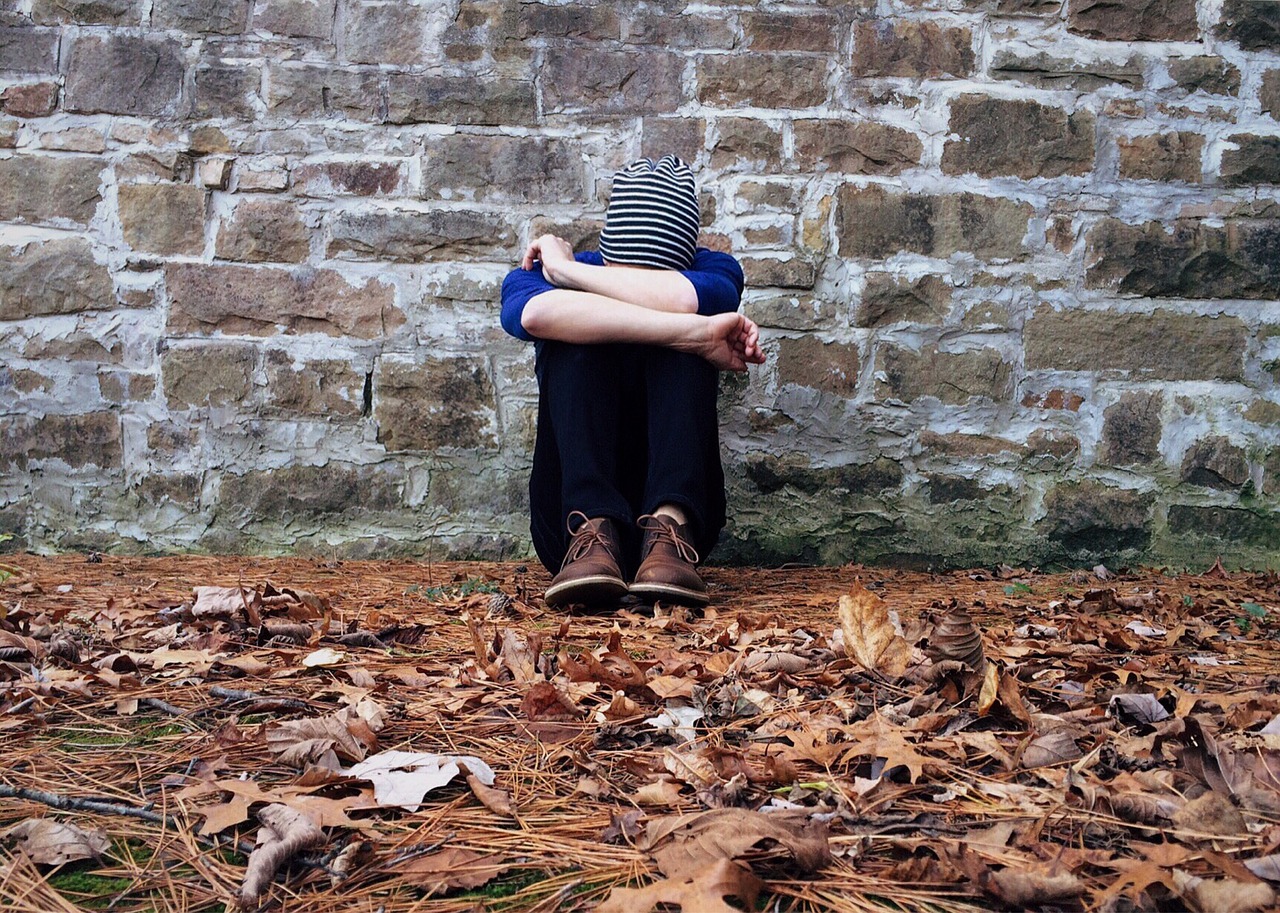Loneliness is an unpleasant emotional response to perceived isolation. Loneliness is also described as social pain—a psychological mechanism which motivates individuals to seek social connections.
It is often associated with an unwanted lack of connection and intimacy. Loneliness overlaps and yet is distinct from solitude. Solitude is simply the state of being apart from others, not everyone who experiences solitude feels lonely. As a subjective emotion, loneliness can be felt even when surrounded by other people; one who feels lonely, is lonely. The causes of loneliness are varied. They include social, mental, emotional, and environmental factors.
Research has shown that loneliness is found throughout society, including among people in marriages along with other strong relationships, and those with successful careers. Most people experience loneliness at some points in their lives, and some feel it very often. As a short term emotion, loneliness can be beneficial; it encourages the strengthening of relationships. Chronic loneliness on the other hand is widely considered harmful, with numerous reviews and meta-studies concluding it is a significant risk factor for poor mental and physical health outcomes.
Loneliness has long been a theme in literature, going back to the Epic of Gilgamesh. Yet academic study of loneliness was sparse until the late twentieth century. In the 21st century, loneliness has been increasingly recognised as a social problem, with both NGOs and governmental actors seeking to tackle it.
Identifying and Fighting Loneliness:
Loneliness, Health, and Well-Being
Whether a person lives or works in isolation or not, feeling a lack of social connectedness can be painful. Loneliness can be described in many different ways; including:
- feeling that they lack companionship;
- feeling left out;
- not feeling “in tune” with people around them; and
- not feeling there are people they can turn to.
Given the potential health consequences for those who feel like they have few or no supportive social connections, widespread loneliness poses a major challenge personally and within society. However, it also raises the awareness for the demand for increased outreach and connection.
A number of undesirable outcomes have been linked to loneliness. It is often linked with depressive and anxiety symptoms and other forms of mental illness, loneliness is also a risk factor for heart disease, Type 2 diabetes, and arthritis, among other diseases.
Lonely people are also twice as likely to develop Alzheimer’s disease, research suggests. The state of chronic loneliness may trigger adverse physiological responses such as the increased production of stress hormones, hinder sleep, and result in weakened immunity.
Social isolation and loneliness can be harmful to both mental and physical health. Social isolation is seen as the state of having minimal contact with others. It is different from loneliness, which is a state of negative feelings about having a lower level of social contact, it can also include an intense emotional reaction to being lonely.
What causes social isolation and loneliness?
Although there is no guarantee that an individual’s family household composition will either lead to or protect against loneliness, some situations are more likely to be associated with loneliness than others.
- Living alone and not being in a relationship;
- Disconnection from community is a risk factor;
- Suppression of personal freedom/independence due to health crisis situations;
- Unemployment;
- Lack of satisfaction with financial situations are also substantial factors and crosses all age groups and gender; and
- Loneliness can also be self-reinforcing if it is associated with an experience of depression and anxiety, particularly around social interactions (Australian Psychological Society 2018).
Impact
Loneliness has been linked to premature death, poor physical and mental health (Australian Psychological Society 2018; Relationships Australia 2018), and general dissatisfaction with life.
Social isolation has also been linked to mental illness, emotional distress, suicide, the development of dementia, poor health behaviours, smoking, physical inactivity, poor sleep, and biological effects, including high blood pressure and poorer immune function. High levels of social isolation are also associated with sustained decreases in feelings of wellbeing.
Who experiences social isolation and/or loneliness?
Social isolation and loneliness vary across age groups. Loneliness tends to be more common in young adults, particularly males in regional areas, those living alone and those with children, either singly or as a couple.
Australians aged over 65 who are married experience the lowest levels of loneliness (Australian Psychological Society 2018).
Can social isolation and loneliness be prevented or reduced?
Having paid work and caring for others are important safeguards against loneliness. Engaging in volunteer work and maintaining active memberships of sporting or community organisations are also associated with reduced social isolation. However, it is unclear whether community engagement can consistently guard against the development of loneliness.
Being in a relationship is more beneficial in guarding against loneliness for men than for women.
Though, it is also often found that women living with others and women living alone report similar levels of loneliness, while men living alone report higher levels of loneliness than those living with others.
How can hypnotherapy assist in moving forward again and regaining the sense of well-being?
Hypnotherapy can assist in:
- resistance to releasing the block of emotions, shortening the journey to recovery;
- allow a person to express their emotions, release them and heal;
- allow a person to acknowledge what has taken place, realising the truth of the situation and move forward again;
- instinctively learn to calm yourself down and think rationally and more positively; and
- Build-up confidence and wellbeing.
For further information contact us on (03) 5223 2370 or via email This email address is being protected from spambots. You need JavaScript enabled to view it.
Karen Holt Clinical Hypnotherapy and Counselling
Clinical Hypnotherapist
AMAHS, MASCH, NFH
References
ABS (Australian Bureau of Statistics) 2016. 2016 Census Quickstats. Canberra: ABS. Viewed 2 January 2019.
Australian Psychological Society 2018. Australian loneliness report: A survey exploring the loneliness levels of Australians and the impact on their health and wellbeing. Melbourne: APS
